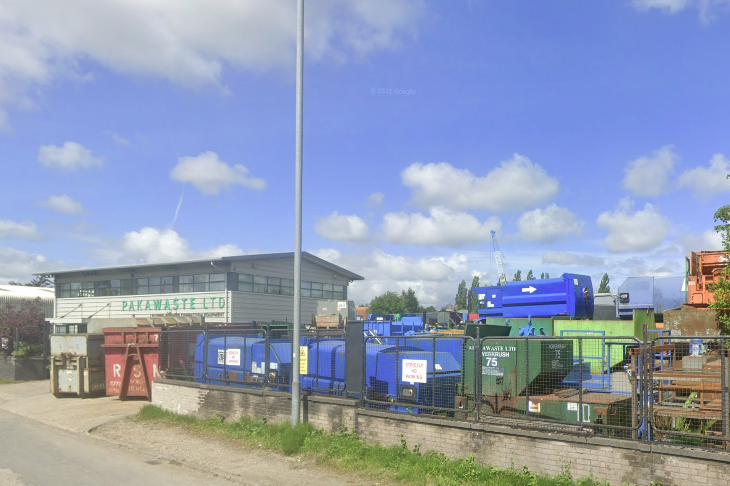Adrian Hawkes, policy director of compliance scheme Valpak, and Phil Conran, chair of the Advisory Committee on Packaging (ACP), conceded changes were required while speaking at the CIWM, ESA and Resource Association conference in London yesterday (14 June).

Both men, who in the past have defended the system, argued that PRNs may not be “perfect” but still offer value compared with other European packaging compliance systems.
Mr Conran said: “The mistake is to think the UK Packaging Regulations are environmental regulations. The packaging recycling industry has grown up around the PRN system and at the end of the day if we move to another system it would have quite a big impact.
“I think instead we need to find the right funding for collection systems, but compliance schemes would be looking to get their hands on the cheapest packaging they can. How we develop a system that creates accountable funding for local authorities I think is going to be a hugely complex process.”
Revenue
Commenting on the system, Mr Hawkes also said he would like to see more accountability for the destination of revenue within the system.
He added: “Schemes will operate any system the government decides to put in place, but Valpak would not want that to mean hopping from one imperfect system to another imperfect system.
“The current PRN system has many shortfalls and those ought to be addressed but that’s not saying we should throw it out completely and do something different. I would like to see a fund to local authorities that is more accountable and funding for communication campaigns.”

EPR
The two packaging specialists were speaking at a session on whether Extended Producer Responsibility (EPR) schemes might be better placed to support collections, reuse and recycling and stimulate changes in the manufacturing and retail sectors in the UK.
Under proposals mooted in the Circular Economy Package, the European Commission has recommended that packaging producers cover “the entire cost of waste management” – a suggestion which is unlikely to fit with the UK’s current PRN model.
France
Also on the panel was Alexandra Lange, head of European policy affairs at Eco-Emballages – an organisation created in 1992 in response to a French packaging directives to look at ways of reducing packaging waste.
Ms Lange said that in France some 13 or 14 recyclable materials are now subject to EPR, with producers penalised if they fail to show how they are working to reduce waste in the supply chain. Changes propelled by the scheme include glass bottles “with ceramic caps” – which have been almost completely been dispelled from France thanks to EPR financial incentives.
However, Ms Lange added: “If each country is going to set up its own rules there’s going to be some trade barriers, but direction has to remain with the industry, with experienced recyclers, and should not be set in a regulation because packaging has to move with innovation.”
Michael Lean, director of RREUSE, was also cautious of the UK adopting a similar system for producers without consistency across Europe.
Speaking on the panel, he added: “In France it’s working because they have an incredibly clear framework which ensures integration. If we don’t have a similar system at EU level then I fear if we set up EPR schemes for textiles and furniture it will all be about recycling and nothing about reuse. In France it all goes to recycling.”







Subscribe for free